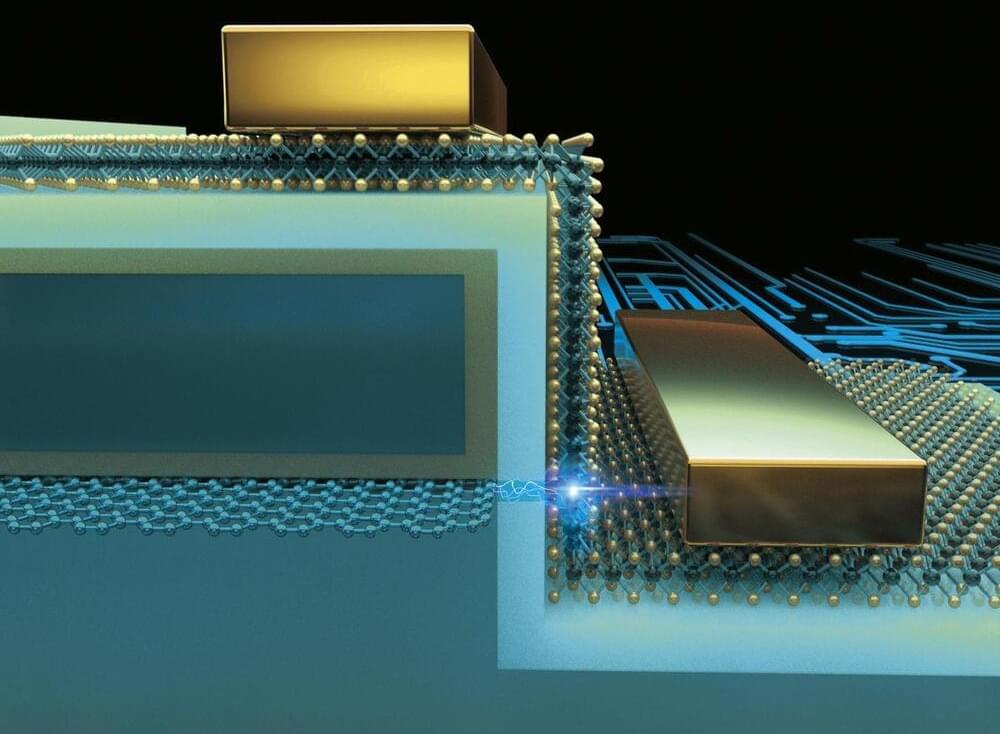If true, Redmond is capable sustaining a stable working environment somewhere after all.
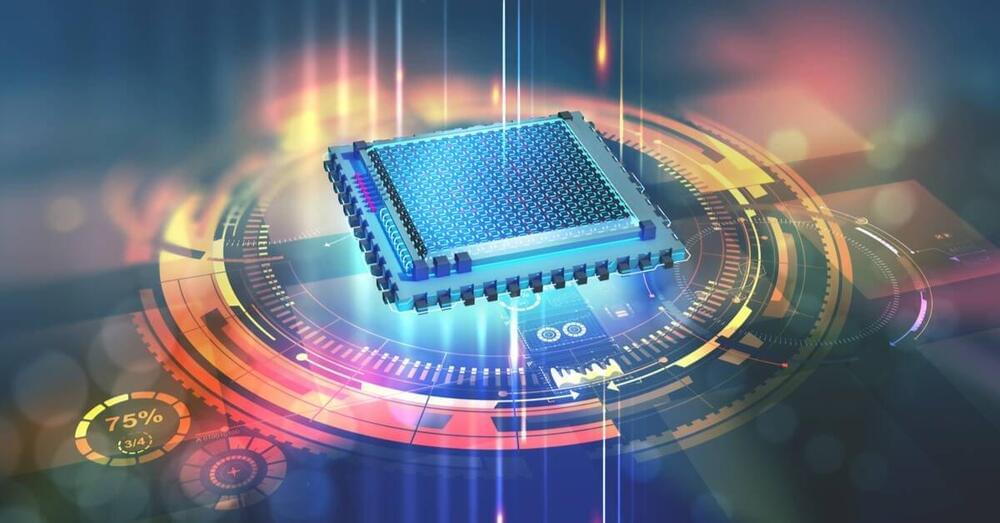

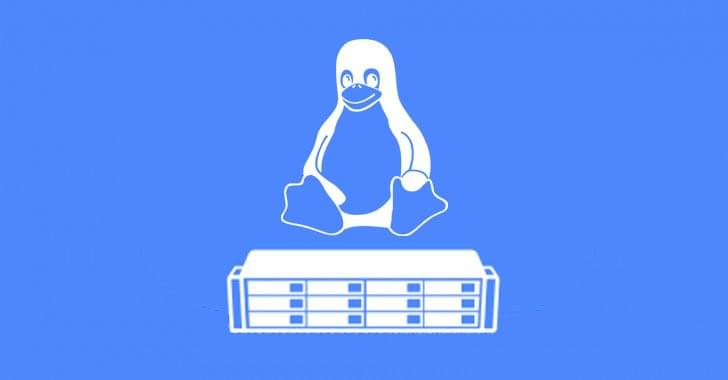

A newly disclosed security flaw in the Linux kernel could be leveraged by a local adversary to gain elevated privileges on vulnerable systems to execute arbitrary code, escape containers, or induce a kernel panic.
Tracked as CVE-2022–25636 (CVSS score: 7.8), the vulnerability impacts Linux kernel versions 5.4 through 5.6.10 and is a result of a heap out-of-bounds write in the netfilter subcomponent in the kernel. The issue was discovered by Nick Gregory, a senior threat researcher at Sophos.
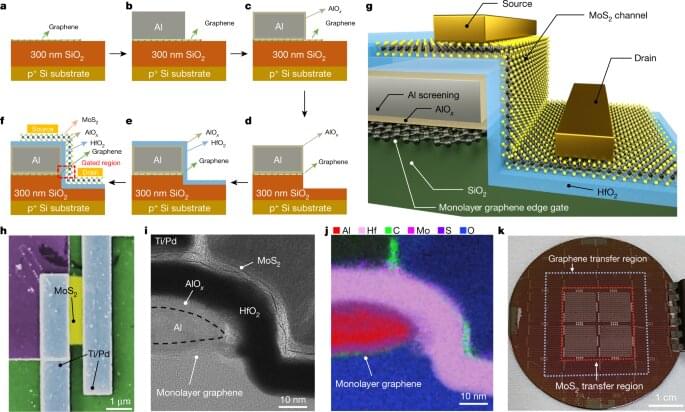
A team of researchers working at Tsinghua University in China has created a sub-1-nm gate in a MoS2 transistor. In their paper published in the journal Nature, the group outlines how they created the super tiny gate and explains why they believe it will be difficult for anyone to beat their record.
For most of the history of microcomputing, Moore’s Law has held up—researchers and engineers have managed to double the speed and capability of computers regularly by reducing the size of their components. But more recently, it has grown increasingly difficult to make components smaller as scientists now run into physical limitations. In this new effort, the researchers believe they may have bumped up against the ultimate limit—they have built a gate that is just one atom in length.
At their most basic, transistors are a source and a drain, with a gate controlling the flow of electricity between them. It switches on and off depending on how much electricity is applied. The push to reduce the size of the components has led to the testing of materials such as carbon nanotubes, which are approximately 1nm, for use as gates. In this new effort, the researchers have unrolled the carbon nanotube and used its graphene edge as the gate—reducing its length to just 0.34 nm.

Circa 2019
When Ken-Ichiro Kamei, a microengineer at Kyoto University, goes out drinking with his friends, he usually brings along one of his “bodies on a chip.” When the topic of work inevitably comes up, he’ll whip out the chip – which looks like a lab slide, but with an added crystal-clear silicone rubber layer containing faintly visible troughs and channels – and declare, “I’m making these devices to recreate humans and animals.”
Wows inevitably ensue. “It’s like I’m a magician and my friends have asked me to do some tricks,” Kamei chuckles.
Kamei is at the forefront of a new field of biotechnology that seeks to replicate organs, systems and entire bodies on chips such as the one he likes to show off. While traditional biochemical experiments carried out on lab plates are static and isolated, the chips Kamei uses contain an interconnected system of channels, valves and pumps that allow for more complex interactions – to the point that they can mimic a living system. Recognizing the potential such chips have for revolutionizing medical research, in 2016 the World Economic Forum named “organs-on-chips” in their top 10 emerging technologies of the year. But while those specialised chips mimic particular tissues or organs, Kamei and his colleagues aim to eventually mimic whole animals. “It’s quite ambitious,” he says.
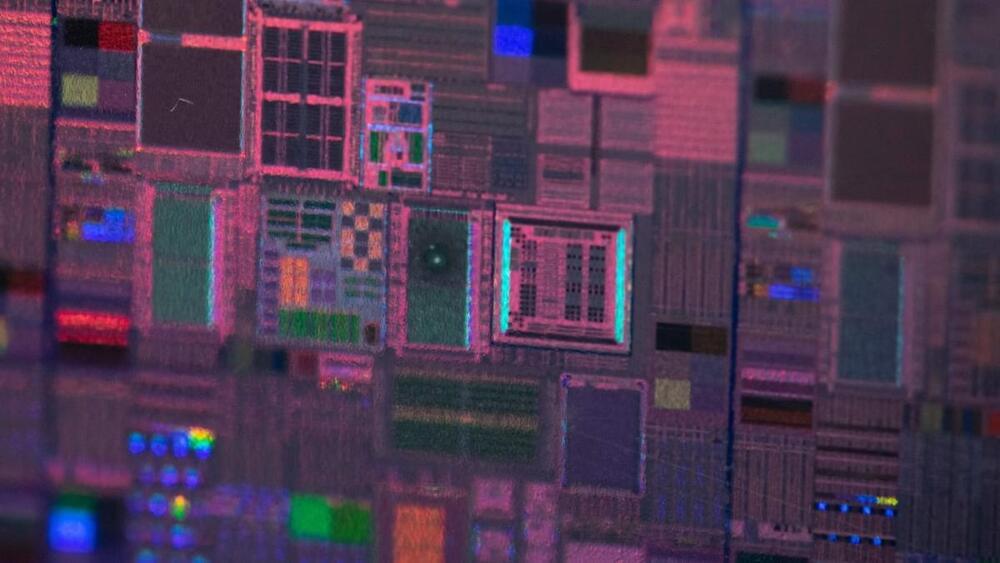
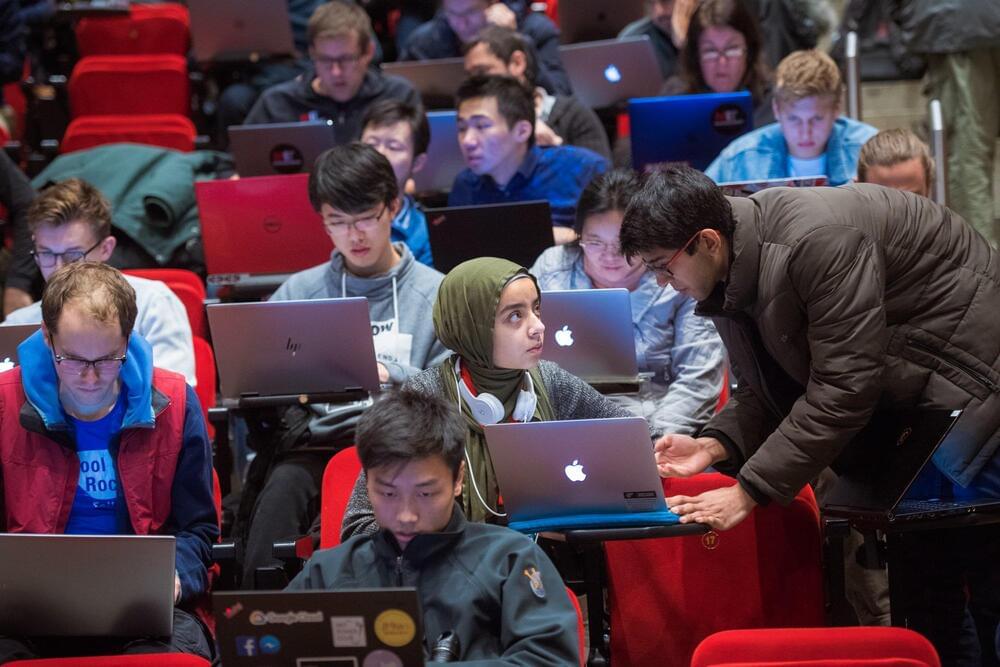

To classify as a DTC, a system also needs to be truly many-body, and its coherence times (that is, the time over which fragile quantum states persist without being destroyed by interactions with their environment) must be long enough that its periodic variations are not mistaken for a short-term system change. Finally, one must be able to prepare the system in arbitrary initial states and show that all of them result in similar DTC behaviour.
A major milestone
The Melbourne team’s work, which is described in Science Advances, builds on earlier reports of DTCs that used quantum processors based on nine nuclear spins in diamond and 20 superconducting qubits. As in these previous experiments, the team turned a quantum computer into an experimental platform — a quantum simulator – in which all the requirements of DTCs could be met.
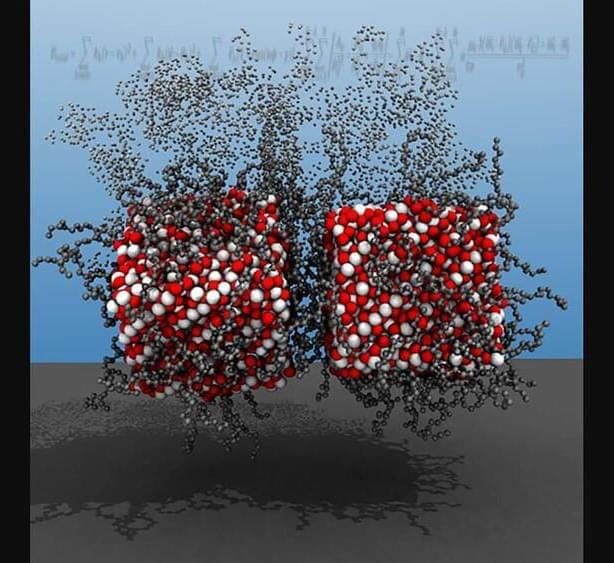
Researchers at North Carolina State University have developed a new computational tool that allows users to conduct simulations of multi-functional magnetic nanoparticles in unprecedented detail. The advance paves the way for new work aimed at developing magnetic nanoparticles for use in applications from drug delivery to sensor technologies.
“Self-assembling magnetic nanoparticles, or MNPs, have a lot of desirable properties,” says Yaroslava Yingling, corresponding author of a paper on the work and a Distinguished Professor of Materials Science and Engineering at NC State. “But it has been challenging to study them, because computational models have struggled to account for all of the forces that can influence these materials. MNPs are subject to a complicated interplay between external magnetic fields and van der Waals, electrostatic, dipolar, steric, and hydrodynamic interactions.”
Many applications of MNPs require an understanding of how the nanoparticles will behave in complex environments, such as using MNPs to deliver a specific protein or drug molecule to a targeted cancer affected cell using external magnetic fields. In these cases, it is important to be able to accurately model how MNPs will respond to different chemical environments. Previous computational modeling techniques that looked at MNPs were unable to account for all of the chemical interactions MNPs experience in a given colloidal or biological environment, instead focusing primarily on physical interactions.
